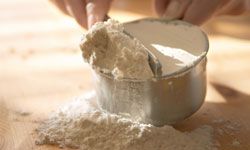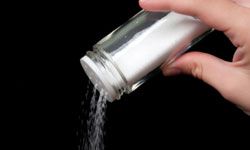We've all been there, wavering between the pretty box of "Tylenol" and the cheap "acetaminophen." The store brand costs so much less -- but is this really the place to look for savings? Medication?
And what about the stuff you'll be feeding your kids? Can you scrimp on that?
Advertisement
The fact is, there are products you want to spend on if you can, like toilet paper and maybe lamb chops. But there are just as many goods you can get on the cheap and, if you're like most people, never know the difference. (In fact, the real difference is typically marketing dollars.)
Here, 10 store-brand items you can count on to improve your bottom line without sacrificing quality. First, for your cereal (or sippy cup) …






